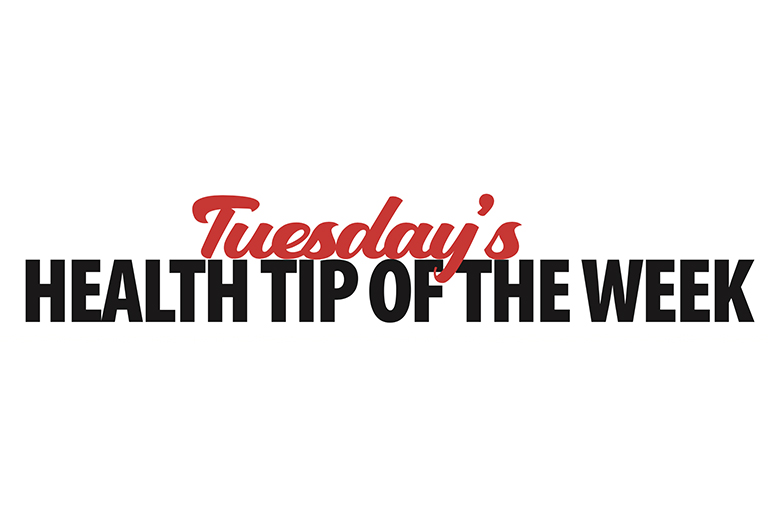Century Park Blog

Stress is your body's response to a challenging or demanding situation. When you feel stressed, your body releases certain hormones, chemical signals your body uses to tell your body systems what to do. The hormones your body releases when you're stressed help you prepare to meet the challenge or demand in your environment. During the stress response, your body gets ready to flee or fight by increasing your heart rate, breathing rate, and blood pressure.
Not all stress is bad. In small doses, stress can help you accomplish tasks or prevent you from getting hurt. Stress can be a short-term response or a long-term response. Our bodies can usually handle short- term stress without long-term effects. But long-term or chronic stress can make you sick, both mentally and physically.
The first step to managing your stress is to know the symptoms. But recognizing stress symptoms may be harder than you think. Many of us are so used to feeling stressed that we may not know it until we get sick. Read on to learn more about the various symptoms you may have when you're stressed.
Emotional Stress Symptoms
Mental symptoms of emotional stress include:
- Feeling more emotional than usual, especially feeling grumpy, teary, or angry
- Feeling anxious, overwhelmed, nervous, or on edge
- Feeling sad or depressed
- Feeling restless
- Trouble keeping track of or remembering things
- Trouble getting your work done, solving problems, making decisions, or concentrating
Physical Stress Symptoms
Symptoms of stress that you might feel in your body include:
- Headaches
- Dizziness
- Clenching your jaw and grinding your teeth
- Shoulder, neck, or back pain; general body aches, pains, and tense muscles
- Chest pain, increased heart rate, heaviness in your chest
- Shortness of breath
- Feeling more tired than usual (fatigue)
- Sleeping more or less than usual
- Getting sick more easily
Cognitive Stress Symptoms
Symptoms of stress that affect your mental performance include:
- Trouble keeping track of or remembering things
- Trouble getting your work done, solving problems, making decisions, or concentrating
- Feeling less commitment to your work
- Lack of motivation
- Negative thinking
Behavioral Stress Symptoms
Symptoms of behavioral stress include:
- Changes in your eating habits; losing or gaining weight
- Procrastinating and avoiding responsibilities
- Using alcohol, tobacco, or drugs to feel better
- Avoiding your friends and family; isolating yourself from others
- Failing to meet your deadlines
- Increased absences at school or work
- Doing your work more slowly
- Exercising less often
Stress is a part of life. What matters most is how you handle it. The best thing you can do to prevent stress overload and the health consequences that come with it is to know your stress symptoms.
If you or a loved one is feeling overwhelmed by stress, talk to your doctor. Many symptoms of stress can also be signs of other health problems. Your doctor can evaluate your symptoms and rule out other conditions. If stress is to blame, your doctor can recommend a therapist or counselor to help you better handle your stress.



